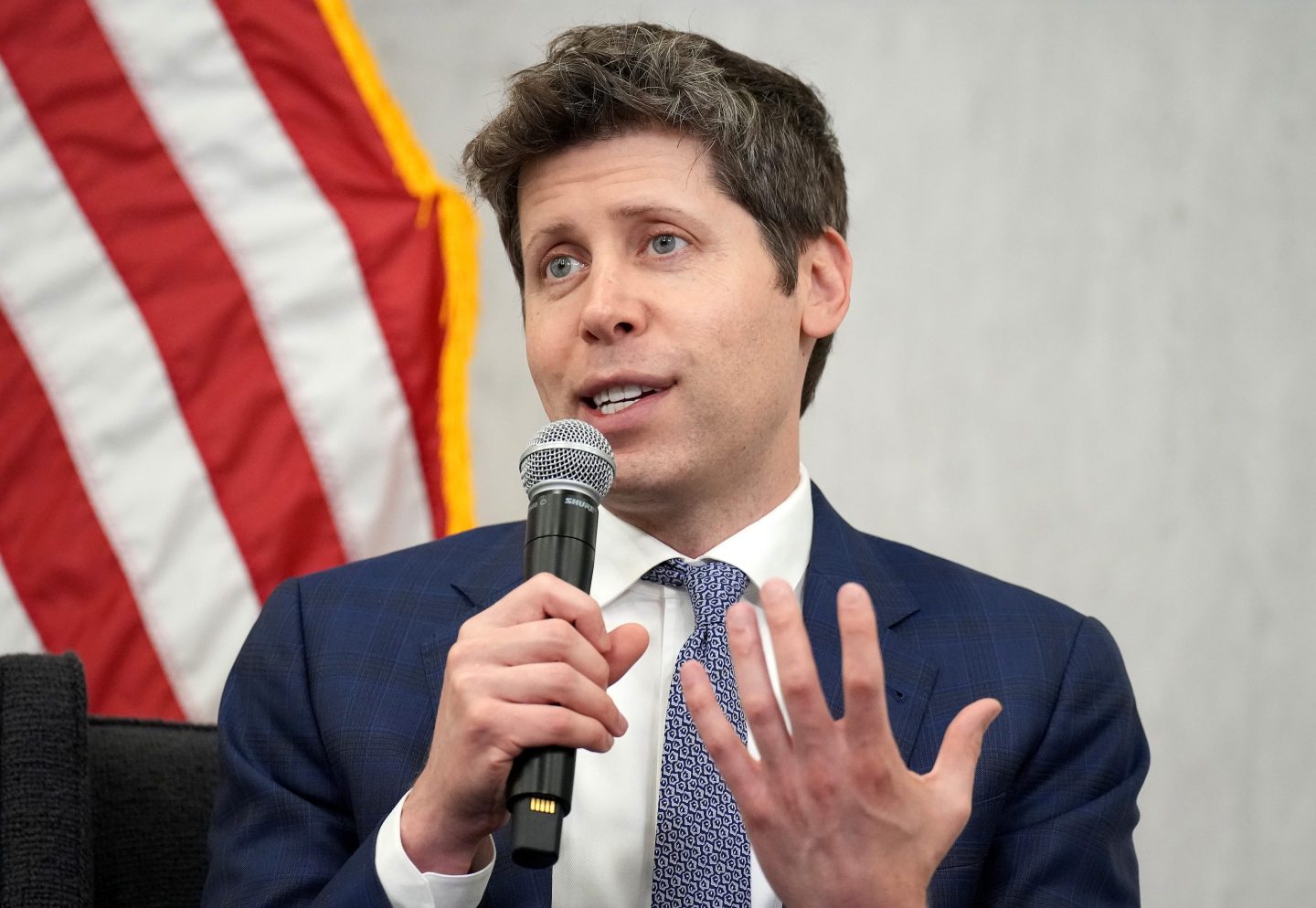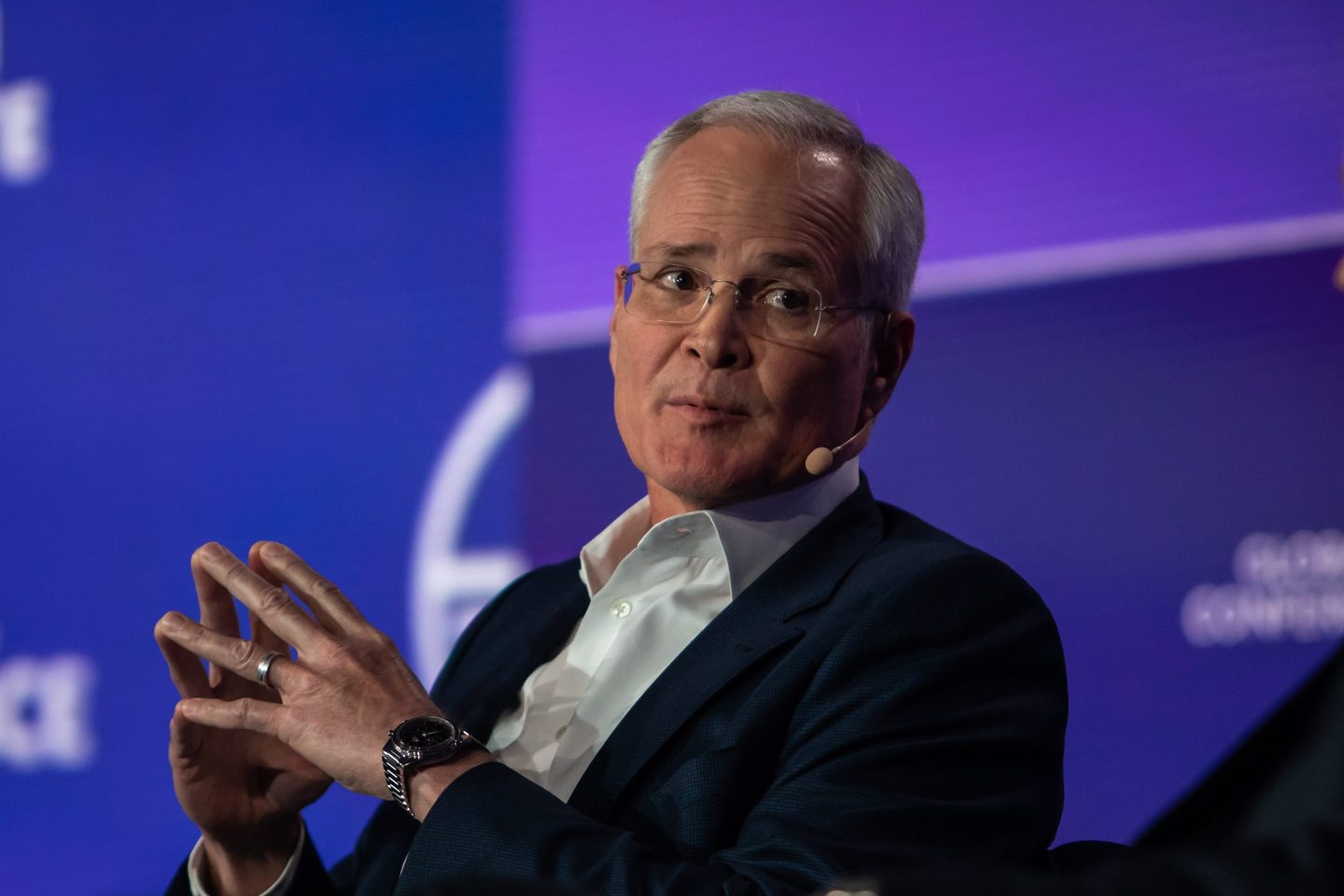Charter Communications (CHTR) insists that this time will be different. It says that its $78 billion bid to acquire Time Warner Cable (TWC) won’t run into the same regulatory roadblocks that last month caused Comcast (CMCSA) to kill its own deal for Time Warner Cable (despite 14 months of work and friends in high places). And Charter is putting its money where its mouth is, by agreeing to include a $2 billion termination fee that would kick in were Charter to walk away from the deal.
To be sure, there are all sorts of valid reasons to believe that the FCC and U.S. Department of Justice will sign off on Charter/TWC. For example, the combined company would be much smaller than was the proposed Comcast tie-up, and Charter doesn’t own any original content verticals.
But it’s worth cautioning that the $2 billion termination fee shouldn’t really play into anyone’s regulatory forecasts.
On the one hand, it is entirely possible that Charter agreed to the term because it sincerely believes that it will be allowed to buy Time Warner Cable. But that doesn’t mean it’s right. For example, AT&T (T) attached a record $3 billion termination fee to its proposed 2011 merger with T-Mobile USA (plus around another $1 billion in spectrum rights), but that deal ultimately failed due to regulatory objects.
Most likely, the termination fee is in Charter’s bid because Time Warner Cable insisted it be there. Consider this a ‘once bitten, twice shy’ scenario. Remember, Comcast didn’t include a termination fee in its earlier bid, meaning that Time Warner Cable was left empty-handed when that 14-month process ended. If Charter hadn’t agreed to include the fee, then Time Warner Cable might have sidled up closer to France’s Altice or remained independent.
In short, termination fees provide some downside protection to merger targets. But they don’t necessarily mean that acquiring companies will reach the finish line.
Get Term Sheet, our daily newsletter on deals and deal-makers.












